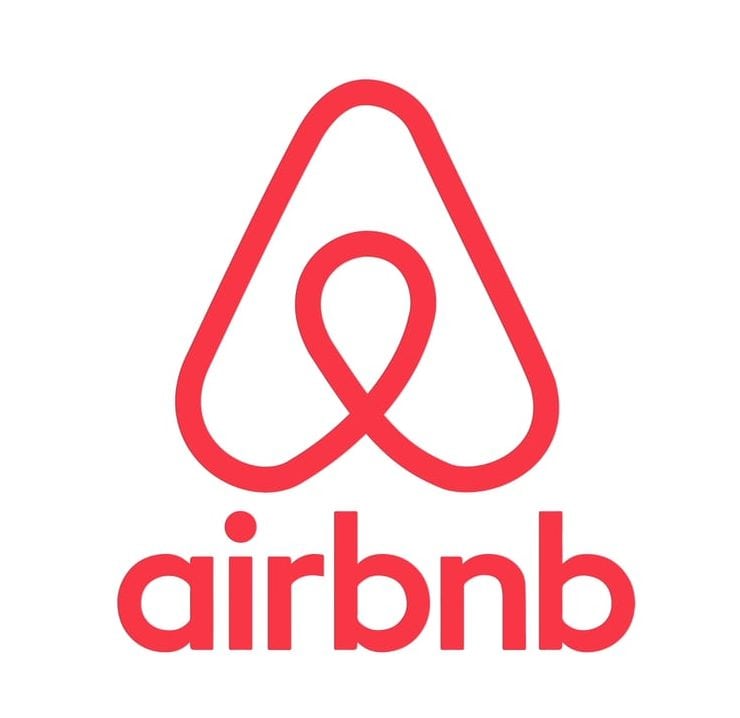Rental platform says it generated almost $300 million over summer
By Jeff Simms
The hosts of short-term Airbnb rentals in New York State earned nearly $296 million this summer, an increase of more than $60 million over 2017, according to statistics released by the company.
The company said 1.2 million guests used Airbnb for stays in New York from Memorial Day to Labor Day. The typical host — Airbnb says there are more than 39,000 in the state — earned $4,100 over the summer, up $700 from a year ago.
Those numbers, Airbnb says, represent rentals statewide, so they may (or may not) include any earnings in Beacon, where in May, after several public hearings, the Beacon City Council voted 4-3 to reject a proposal to regulate short-term rentals, in essence making them illegal because no city law specifically says otherwise.
(Short-term rentals also could be interpreted to be illegal in Cold Spring, Nelsonville and Philipstown based on local regulations on “tourist homes” and “lodging facilities,” but authorities in those municipalities have not addressed the issue.)
 While dozens of listings that appear to be in or around Beacon remain on the Airbnb website, the company said it could not confirm how many of them are actually in the city, citing privacy rules. But earlier this year, it said 110 hosts in Beacon in 2017 rented space to 9,100 guests.
While dozens of listings that appear to be in or around Beacon remain on the Airbnb website, the company said it could not confirm how many of them are actually in the city, citing privacy rules. But earlier this year, it said 110 hosts in Beacon in 2017 rented space to 9,100 guests.
Because New York State doesn’t address the relatively new short-term rental industry in its building code, municipalities must interpret the rules on their own. Officials in Beacon said that, had the council passed regulations, anyone sharing their home as a short-term rental would be required to meet New York fire safety requirements, including adequately marked exits from each bedroom and, in some cases, sprinkler systems.
George Mansfield, a member of the Beacon City Council, says he believes regulation of short-term rentals will only be resolved in Albany. “People need to pressure their state legislators because they’ve have been kicking the can down the road for years because it’s so thorny,” he said. “We need legislation to address it.”
Airbnb continues to push for guidance at the state level as well, arguing that it would generate $100 million in local hotel and tourist taxes if the company were allowed to collect fees on behalf of its nearly 60,000 hosts and 3 million guests in New York.
Bills introduced last year in the state Assembly and Senate would establish standards for short-term rentals, such as requiring owners to post a diagram showing all exits and a list of emergency phone numbers; to have insurance of at least $250,000; to have only one short-term unit unless the owners are at the same address; and to register the unit every two years with the state. The bills were referred to housing committees in both the Senate and Assembly.

